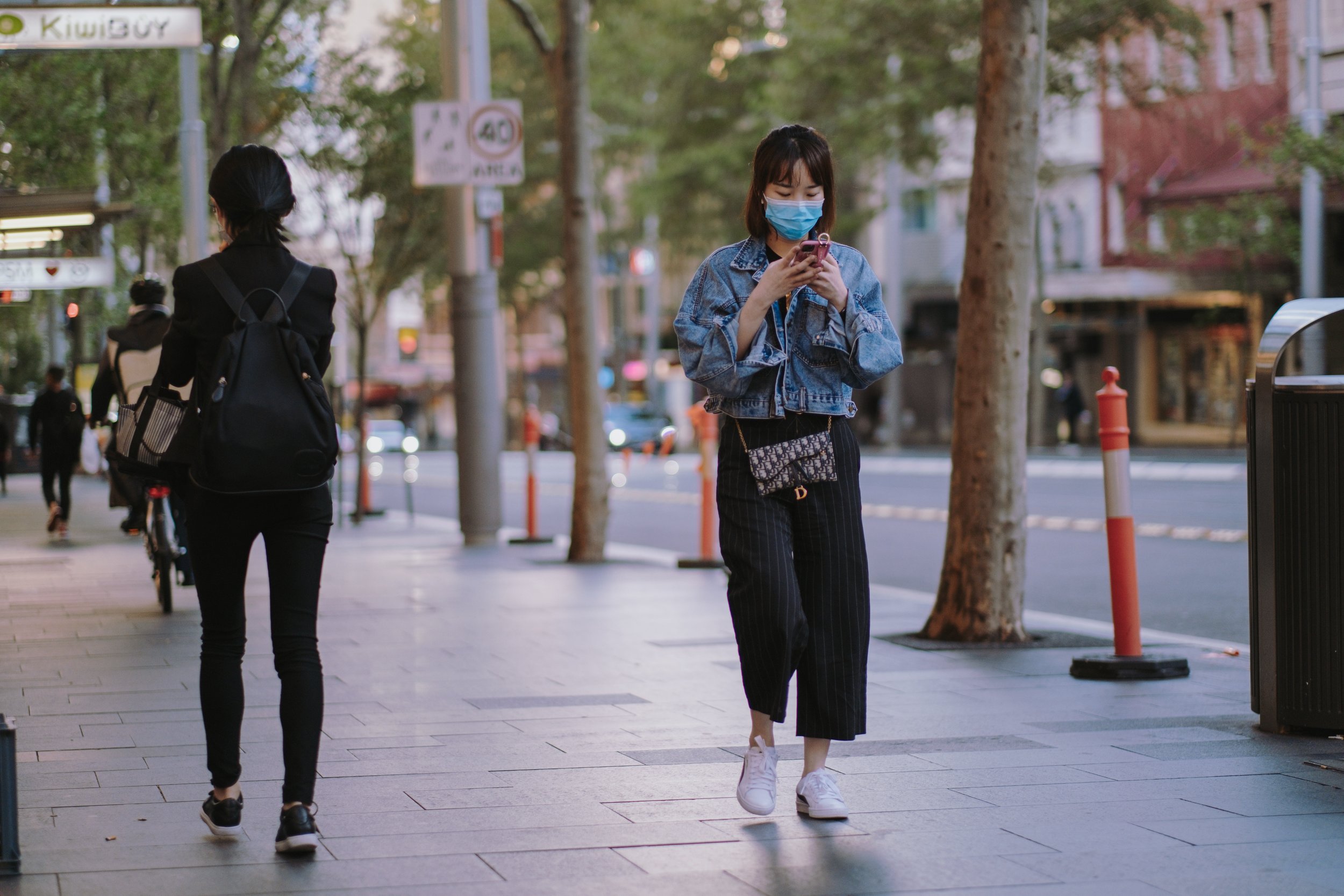Get your giggle on: Why laughter is the best medicine
When it comes to relieving stress and boosting your mental wellbeing, it’s just what the doctor ordered (no joke)
Text: Juli Tan
They say that laughter is the best medicine, but no one is going to deny that 2020 has not been too forthcoming with endlessly jovial moments. There has certainly been a lot of hardship and negativity to contend with, but as the pandemic continues, it’s important that we maintain a sense of humour where possible. Indeed, experts highly recommend a good laugh to keep our spirits up and our stress levels down.
The Mayo Clinic states that laughter has both short-term and long-term benefits for stress relief. These range from stimulating the organs and releasing endorphins, to boosting circulation and aiding muscle relaxation. A good roar can fire up and cool down your stress responses which results in a relaxed feeling. Long-term, a little titter can boost your immune system, relieve pain and improve your mood.
Stress and strength
“Laughter can also be used to empower people,” says Ms Suchi, a laughter coach and empowerment advisor here in Singapore. “It can be a tool to tap into a person’s strengths without highlighting his or her weaknesses. For example, if someone is not happy with their job, then I would conduct a laughter exercise that would help them to visualise themself in their dream job through positive affirmations (eg. ‘I love my job’ followed by laughter, ‘I am very happy in my workspace’ followed by laughter).” Studies have shown that visualisation can increase one’s performance, improve motivation and concentration. “It also aids in relaxation and helps to reduce fear and anxiety,” adds Ms Suchi.
Ms Suchi discovered laughter as stress release after her mother passed away from cancer seven years ago. “I was looking for answers and seeking peace,” she explains. During this time she learned laughter exercises from a local laughter coach, Mr Ram. She went on to conduct exercises in community clubs, senior activity centres and hospitals before developing her own laughter therapy for various age groups.
“I start a session with simple stretching and deep breathing exercises, then lead the participants into various types of laughter such as Mental Floss, Balloon, Three Age and even Jungle themed-laughter,” she explains. “After getting them to practice laughter exercises for 20 minutes, participants enjoy soothing piano music with water sounds. “The calming effect of soothing piano music with water sounds takes away any jitters or nervousness, and can help to decrease participants' heart rate and anxiety,” she says. It’s not just laughter for the sake of laughter; a positive energy is also important. Most people who are unhappy end up exchanging negative energy amongst themselves. That’s when they need someone like me to come in and break that harmful health cycle.”
Health-protecting resource
In 2016, a 15-year Norwegian study surveyed 53,556 participants, looking at how a good titter affected their health. What they found was that women with high cognitive scores experienced a reduced risk of premature death from cardiovascular and infectious disease, while men who scored the same had a reduced risk of early deaths from infections. Ultimately, “the findings indicate that a sense of humour is a health-protecting coping resource,” the study concluded.
“People don’t always understand the benefits of a good giggle, and they take it for granted,” says Ms Suchi. “But this year, there’s definitely been more of a need for people to laugh. A lot of people have had to compromise in this current situation. They think they can postpone their happiness and say ‘I’ll travel next year and be happy then,’ but do not postpone your happiness — life is too short.”
The contagious nature of a belly-laugh can be even more beneficial in hard times and bring a greater positivity to more people. “I’ve conducted sessions where some people were reluctant to believe in the positive impact of laughter, but when they saw others enjoying it so much, they joined in and were surprised at how rejuvenated and happy they felt after,” Ms Suchi says.
So, what can you do to get started on what is possibly the simplest way to release some stress right now? “Try a deep belly laugh,” suggests Ms Suchi. “This is a deep-rooted laugh that relaxes the muscles. It’s a laugh that originates from deep within, not from the face, and it can have a positive physical change in the body. “Of course,” she adds, “This can take practice. But if you can laugh out loud in this way for 15 to 20 minutes, your brain releases endorphins which in turn helps to relieve stress and helps you feel so much better about life.”











